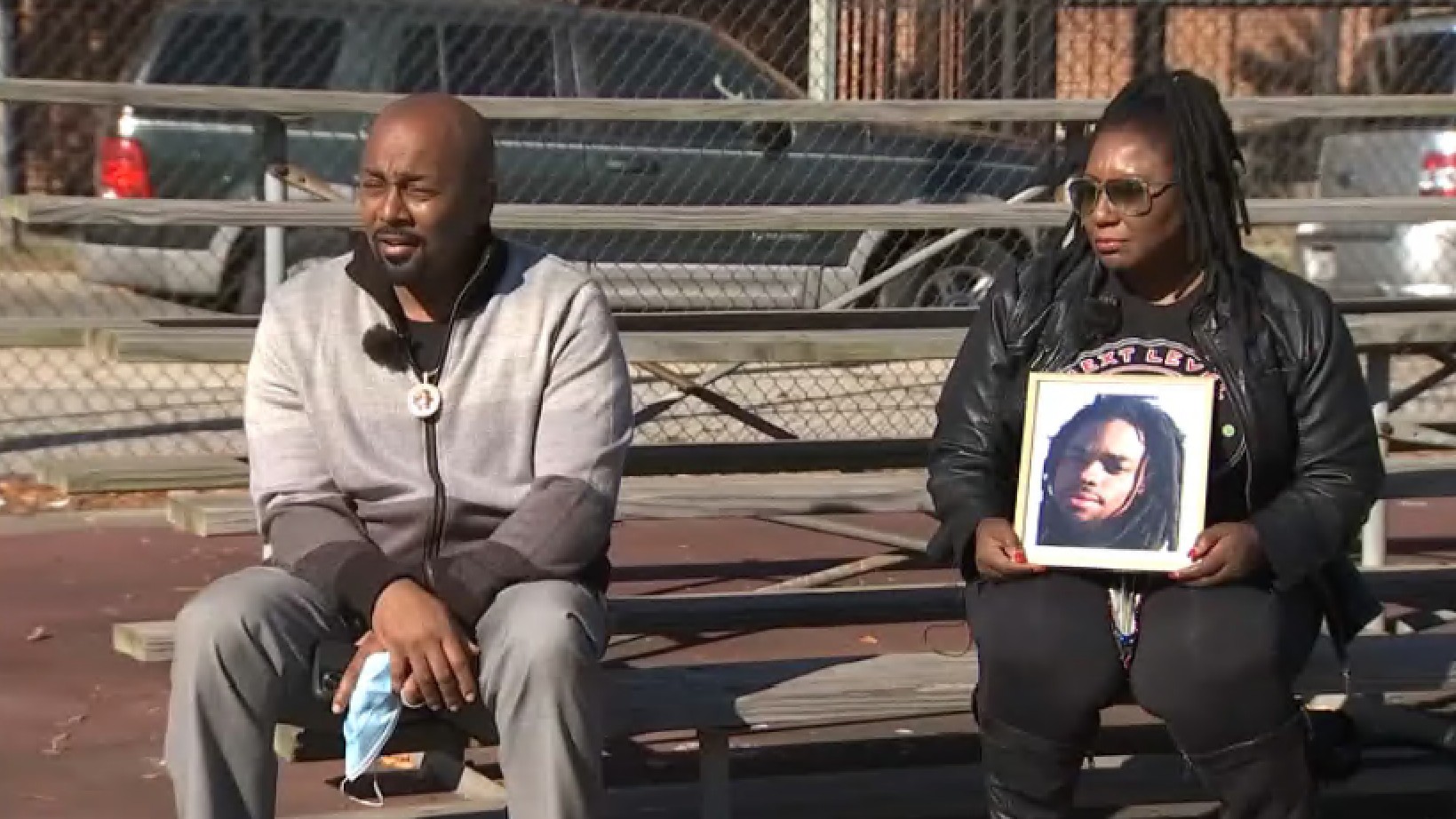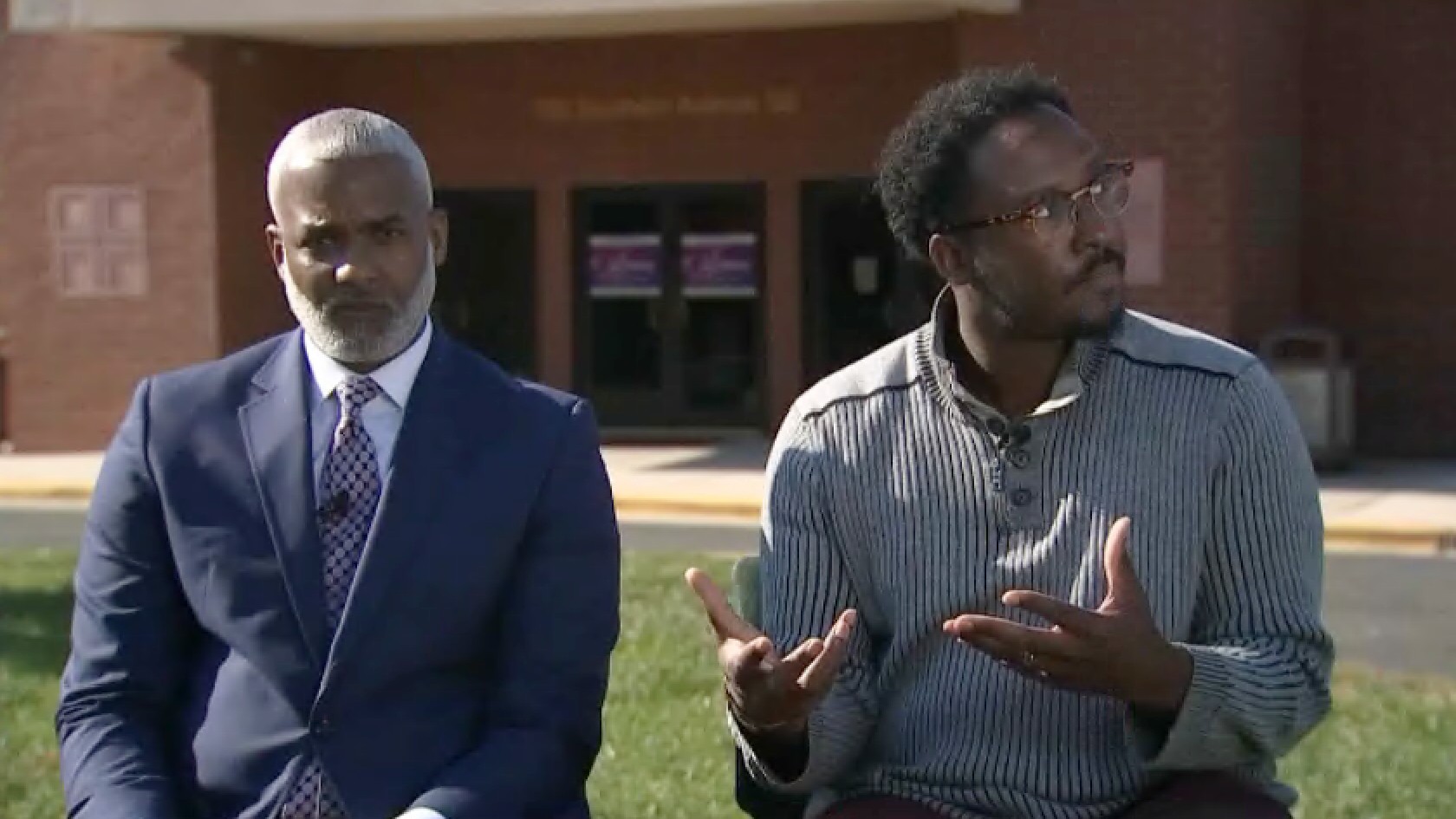One of the busiest trauma units in the D.C. area has seen an “epidemic of violent injuries” since the pandemic began, one surgeon said.
Though gun crimes themselves are often what grab headlines, it’s the survivors who are left picking up the pieces, spending years recovering physically and mentally, long after the initial act of violence.
The trauma unit at MedStar Washington Hospital Center in D.C. treats about 600 patients who survive violent injuries every year.
The majority will leave the hospital with bullets still lodged in their body. Trying to remove them can do more damage, said trauma surgeon Dr. Erin Hall.
We're making it easier for you to find stories that matter with our new newsletter — The 4Front. Sign up here and get news that is important for you to your inbox.
“We don't go after bullets. Instead, we go after the damage that the bullets have done,” she said.
For the more than 100,000 Americans who survive gunshot wounds each year, bullets or bullet fragments that remain in their bodies can be a constant reminder of trauma.
“It's a marker of the worst day of my life. It's the marker of pain and suffering and probably a whole constellation of unfortunate circumstances and terrible, terrible happenings. And it's physically inside you as a reminder,” Hall said.
People with bullet fragments retained in the body are more likely to return to the emergency room within six months and more likely to suffer from another firearm injury within a year, according to new research published in The American Journal of Surgery.
Healing the physical and emotional wounds can take years, with survivors often struggling with chronic pain, crippling anxiety and post-traumatic stress disorder.
In rare cases, retained bullets can lead to lead poisoning.
That’s what Colin Goddard experienced after surviving the shooting rampage at Virginia Tech in 2007.
“When my wounds healed, I still had three bullets in my body in a bunch of little pieces,” he said.
Almost a decade after Goddard was shot in class, he started noticing subtle changes to his health and now worries about what could happen next.
“The short-term symptoms are hard to recognize. It’s things like fatigue, irritability, memory loss, stomach pain,” he said.
“What's been driving me forward to try to do something is to stop the long-term impacts from happening, which are kidney failure, cognitive decline — a bunch of really intense things. Because once they happen, there's no undoing it,” Goddard said.
He had several surgeries to remove bullet fragments from his hip and hopes his story reminds people of the profound impact of gun violence, and how long and painful the recovery can be.




